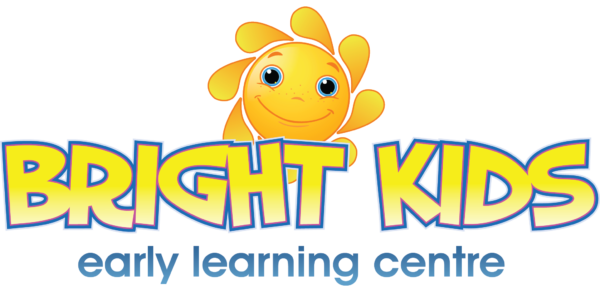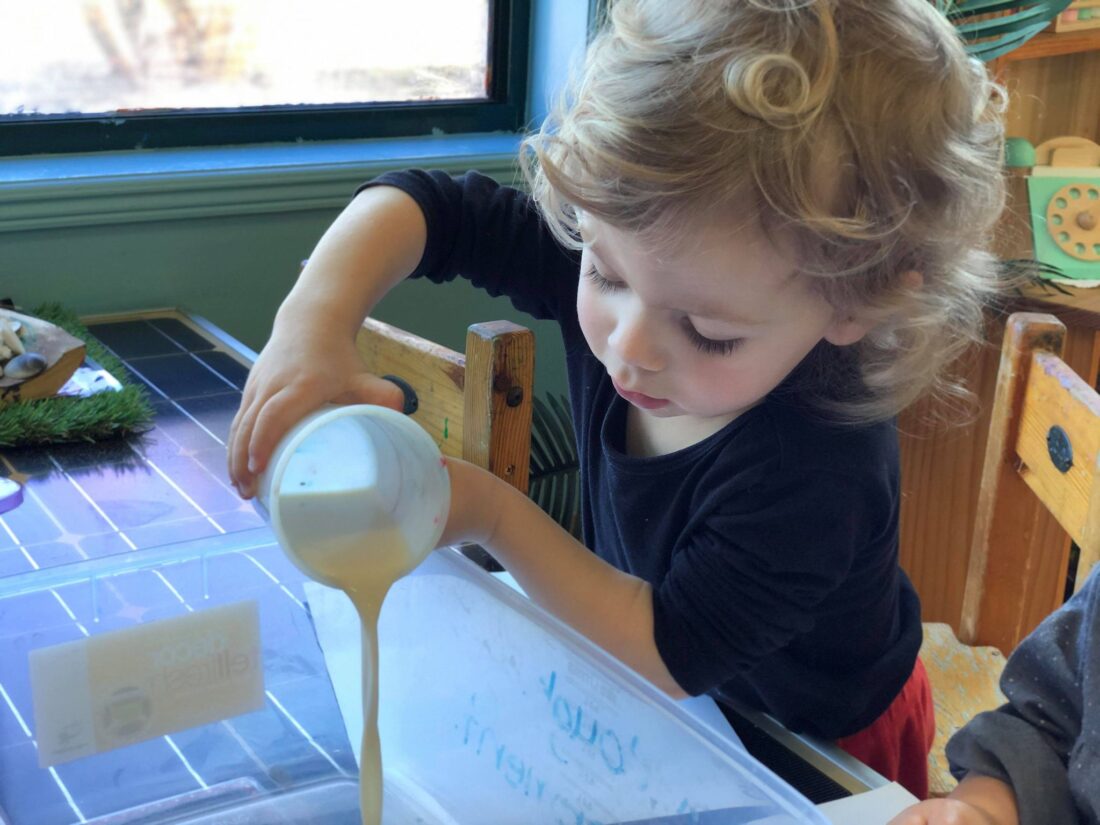With the end of the year fast approaching, we’d like to take you on a progression journey of our Dolphin children, covering all areas of their developmental milestones over the course of the year….. you’ll be quite amazed!
We begin this developmental milestones journey as educators, by mapping out individual learning blocks to create short- and long-term goals for each child. We do this through developmental milestones checklists & the ‘observation and assessment’ process. This allows us to track the progress of every child and identify any concerns.
Children grow and develop rapidly in their first five years across the four main areas of development.
These areas are:
- Motor- movement and physical development;
- Language and communication skills;
- Cognitive skills (Thinking and learning);
- Social & emotional development.
- Developing short- and long-term goals for individual children;
- Expanding on children’s language and communication skills;
- Supporting children’s cognitive development;
- Supporting children social and emotional development; and
- Gross and fine motor development.
1. Developing short- and long-term goals
At the beginning of each year we complete the ‘Early Childhood Developmental Milestone’ checklist through individual observation and documentation. This identifies areas that need building upon for each child and goals to progress towards;- Independence and self-help skills;
- Toilet training; and
- Structured mat time with group learning.
- Recognizing the feeling of having a wet nappy; and
- Showing interest when others are using the toilet.
- Puzzles;
- Same and opposite objects to catagorise;
- Poms poms and other colourful small objects for sorting;
- Crayons and makers for pincer grip development; and
- Science and Sensory experiences.
2. Language & communication skills
Children learn by absorbing information through daily interactions and experiences. We encourage verbal communication with peers and educators alike by;- Role modelling and have children mimic what we say to expand their vocabulary;
- Discussing the days events;
- Reciting our “Acknowledgment Of Country” with actions to honour our culture and learn the Yugambeh language;
- ‘Jingeri’ greeting in group time yarning circle;
- Using imaginative play; and
- Reading favourite books over again, to encourage children to join in on words.
3. Cognitive skills
Cognitive skills are the essential qualities your brain utilizes to think, listen, learn, understand, justify, question, and pay close attention. To support and encourage children’s cognitive development throughout the year we have engaged children in different experiences including-- Art experiences offering a range of materials and textures;
- Talking about & including shapes, colours & opposites throughout our daily routines;
- Allowing children to fill in the blanks whilst reading and singing during group time;
- Counting throughout our day- counting shoes, friends at the lunch table, blocks used in tower making;
- Allowing time for children to solve problems using matching games and experiences; and
- Packing away, using our labelled baskets- children are able to organise items back into the correct baskets; and
- Nature play to offer whole body, innovative experiences to enhance cognitive development.
4. Social & Emotional Development
During the year we have observed children growing in their social development, beginning to interact more with peers, building positive relationships through shared learning experiences and play. We support children’s social and emotional development through our ‘Mindful Kids’ resilience program. We begin at this age with the PRID method (Practice, Recite, In-still, Discuss)- Practicing a variety of breathwork techniques from our Mindful Breathing chart;
- Reciting our Growth Mindset song during group time every morning;
- In-stilling healthy boundaries by introducing routines. Routines reassure and build confidence in children, as they begin to understand the structure of the day and predict what is coming next;
- Discussing our feelings and emotions, incorporating experiences and activities and creating tools such as; emotion sensory bags and bottles for self help aids, to help children deal with their big emotions. Finding calm in sensory assist children in the redirection of focus, in order to breath and change their brain waves.
5. Gross & Fine Motor Development
Physical development is a vital part of growing up as children learn to master control of their body. With practice, children learn to develop and use gross motor skills so they can move in their world with balance, coordination, ease, and confidence. Through out the year the children have become more confident in their fine and gross motor development, confidently manipulating equipment and resources. To encourage children gross and fine motor skills this term we have encouraged:- Self-help skills- washing hands, putting on socks and shoes;
- Creative art experiences, introducing a range of resources to encourage children to manipulate and build muscle strength;
- Climbing on the obstacle course, using stairs, building balance and coordination;
- Daily yoga during group time;
- Ball skills; and
- Riding bikes on the bike track.


